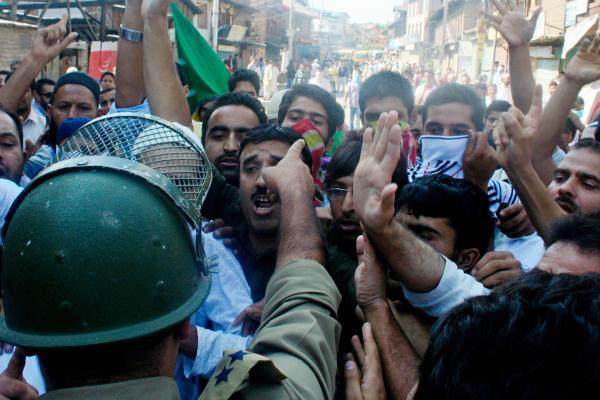Anti-American riots that have spread to more than a dozen countries across the Middle East are a sign of fissures between radical and more moderate Islamists that are vying for power as their societies undergo change, Middle East experts say.
Whether U.S. foreign policy has helped create a political environment where radicals are struggling to remain relevant, or emboldened extremists to act out, is a matter of disagreement.
President Obama's approach to the Arab Spring, to engage with the Islamists and not the secularists, "is seen by our foes as disengagement, while the radicals are not backing off," said Walid Phares, an adviser to the Anti-Terrorism Caucus in the U.S. House of Representatives and author of the 2010 book The Coming Revolution: Struggle for Freedom in the Middle East.
"When we withdraw, they advance."
Tamara Wittes, who served as deputy assistant secretary of state for Near Eastern Affairs until a few months ago, sees it differently.
The U.S. military withdrawal from Iraq removed "a massive source" of grievance for ultra-conservative Muslims, called Salafis, who have been leading the charge in the recent protests and who are ideologically close to Islamic terrorists who have warred with the U.S., Wittes said. "Now they're left trying to gin up anti-American feelings over this campy movie. If Salafi groups are left having to troll the Internet for a pretext, I think we're in pretty good shape."
Read the Full Article

